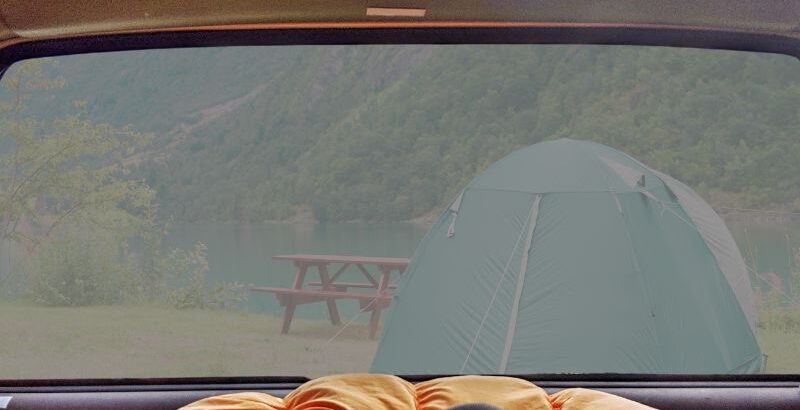Survival Tips for Island Camping: Navigating Challenges and Embracing Adventures
Island camping offers a unique and thrilling adventure for outdoor enthusiasts seeking a tranquil escape from the hustle and bustle of city life. However, camping on an island also presents its own set of challenges that require careful preparation and a sense of adventure. Whether you’re an experienced camper or new to the wilderness, these survival tips will help you make the most of your island camping experience.
1. Research and Planning: Know Your Island
Before embarking on your island camping journey, research the specific island’s terrain, weather patterns, and local wildlife. Understanding the environment will help you pack appropriately, choose the right camping gear, and prepare for potential challenges. Check for any camping restrictions, permits, or regulations that may apply to the island.
2. Pack Wisely: Essentials and Comfort
Packing for island camping requires a balance between essentials for survival and comfort-enhancing items. Be sure to pack lightweight, waterproof, and durable camping gear such as a tent, sleeping bag, and portable stove. Don’t forget to bring a first aid kit, sufficient water, and high-energy snacks. Additionally, pack insect repellent and sun protection to ward off unwanted guests and stay safe under the sun.
3. Water and Food: Sustaining Your Adventure
Access to clean water is crucial for survival. If the island doesn’t have a reliable freshwater source, bring enough water or a filtration system to ensure your hydration needs are met. As for food, consider non-perishable, easy-to-cook meals that require minimal preparation. Fishing or foraging for edible plants can also add a sense of self-sufficiency to your island experience, but be sure to research local regulations and guidelines.
4. Shelter and Fire: Building a Safe Haven
Setting up camp and building a shelter is essential for protection against the elements. Choose a flat and elevated spot away from potential hazards like high tide lines. Learn how to properly pitch your tent and secure it against wind. Building a fire can provide warmth, light, and a means to cook food. Always adhere to fire safety rules, use existing fire pits if available, and ensure the fire is completely extinguished before leaving.
5. Leave No Trace: Respecting Nature
Responsible camping is all about leaving no trace of your presence. Pack out all waste, including trash and food scraps, to minimize your impact on the island’s ecosystem. Follow “Leave No Trace” principles by staying on designated trails, respecting wildlife, and refraining from disturbing sensitive areas. By practicing responsible camping, you contribute to the preservation of these beautiful natural spaces for future generations.
Island camping is an adventure that promises breathtaking views, tranquility, and a sense of self-reliance. By researching your chosen island, packing wisely, staying hydrated and nourished, creating a safe shelter, and respecting the environment, you can navigate the challenges of island camping while embracing the exhilarating experience of being immersed in nature’s beauty. Remember, the key to a successful island camping trip is preparation, adaptability, and a willingness to embrace the unexpected.
